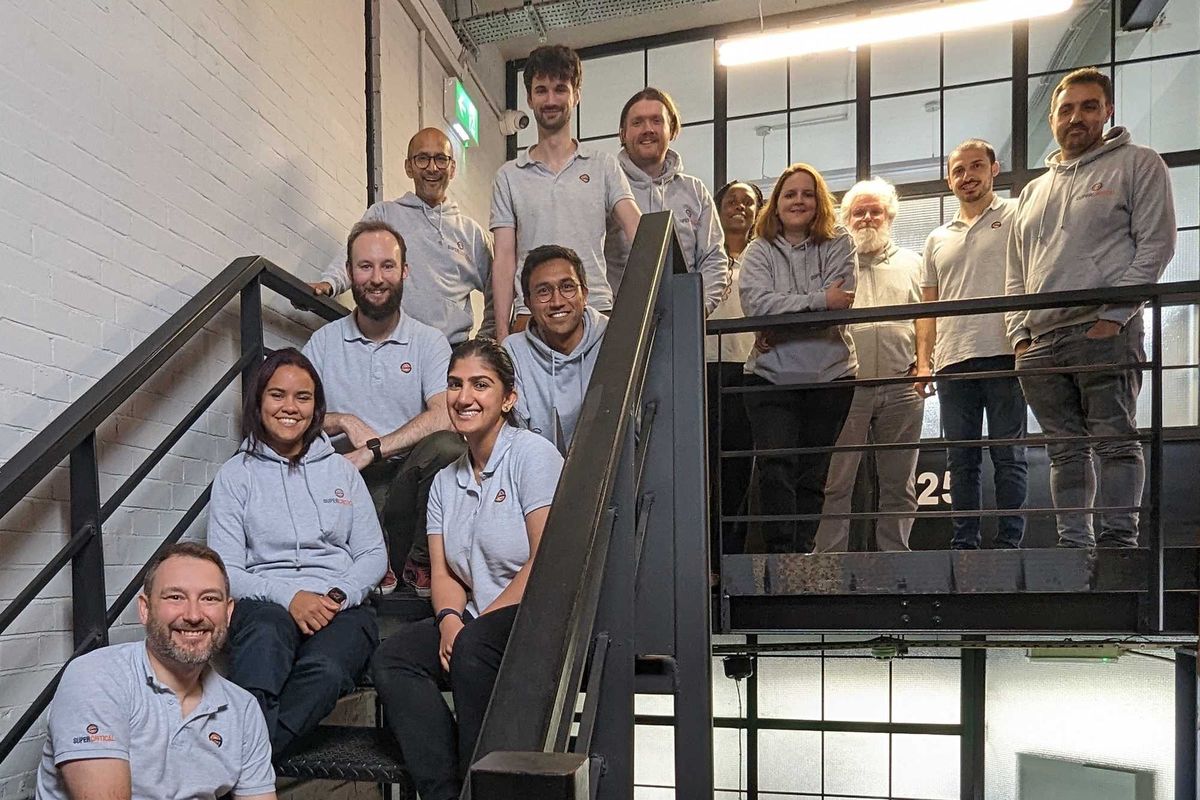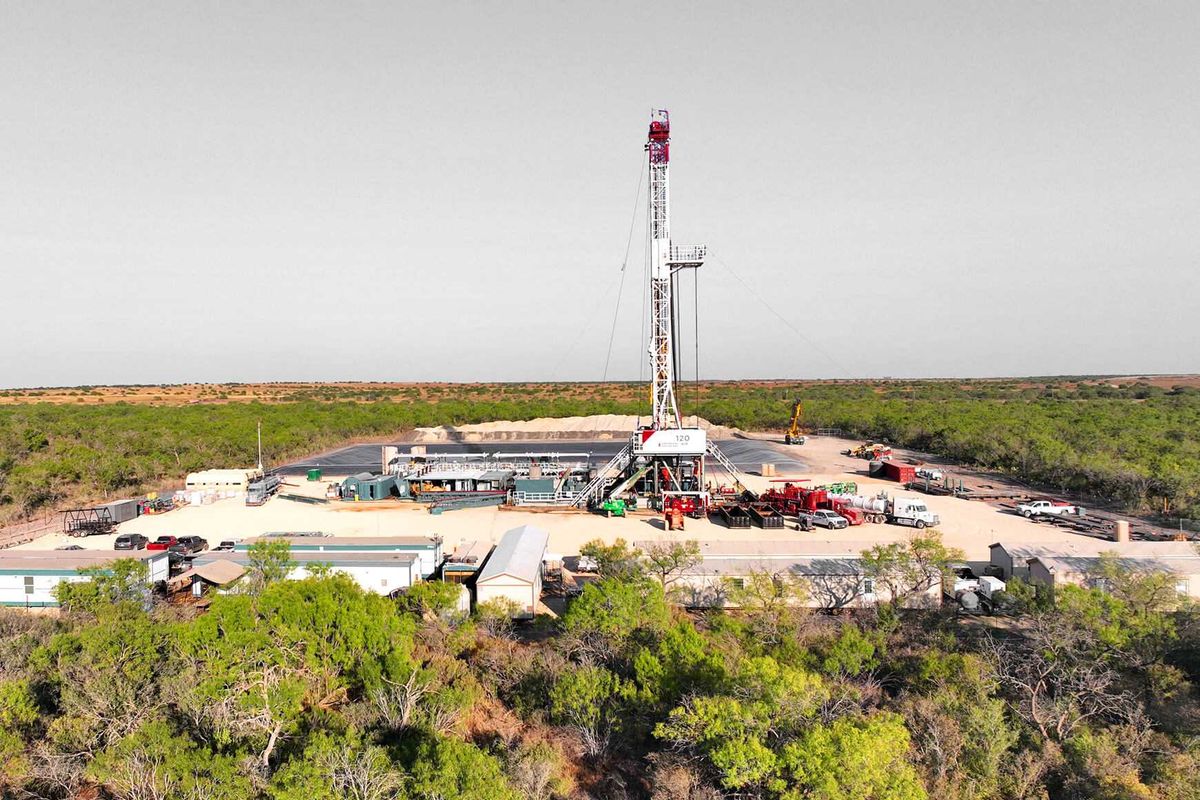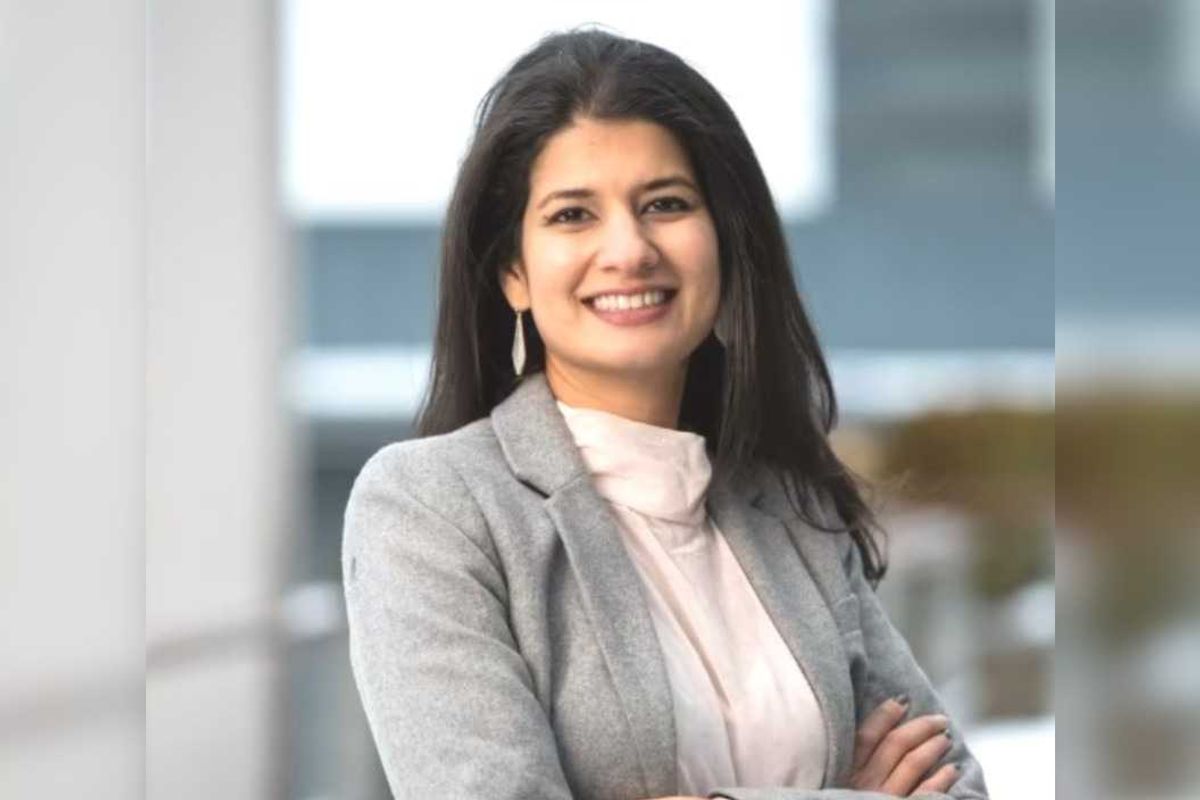Houston-based Milestone Environmental Services announced this month that it has been acquired by affiliates of SK Capital Partners for an undisclosed amount.
The New York-based private investment firm, which specializes in the materials, ingredients, and life sciences sectors, now has a controlling stake of Milestone, which will continue to be led by its president and CEO Gabriel Rio.
Rio founded Milestone in 2014. The company is one of the largest independent providers of waste management services for the U.S. energy and industrial sectors. It focuses on permanent carbon sequestration services through its proprietary slurry injection process, which stores hydrocarbon waste over a mile underground.
The company's subsidiary, Milestone Carbon, is developing injection sites that permanently and securely sequester CO2. Earlier this month, Milestone Carbon announced that it has leased more that 22,000 acres of land in the Permian Basin for the permanent geologic sequestration of CO2 as part of the "sequestration hub" it is developing.
According to the company, once operating, the hub will help reduce emission related to natural gas processing, electricity generation and other industries. It's slated to be one of the first sequestration hubs in the basin.
"We founded Milestone to boldly advance sustainability in the energy industry and beyond," Rios says in a statement. "Our offerings enable companies to reduce their carbon footprint and enhance their ability to meet sustainability goals. Permanent, safe sequestration of carbon is an essential part of combating climate change, and Milestone has the strategy and capabilities to play a leading role in delivering solutions to multiple industries.”
According to a statement, Milestone has sequestered more than 2 million tons of CO2e through its injection process. The company has stated that it believes its sequestration hub will help attract new industries and technologies, hydrogen, low-carbon ammonia, and low-carbon power, to West Texas.
"We are highly impressed with the market-leading, sustainability-driven business that Gabriel and the Milestone management team have built," Jack Norris, a managing director of SK Capital, said in a statement. "It is well-positioned to further grow its core business in difficult-to-abate industries as environmental regulations become more stringent and Milestone’s customers are increasingly focused on meeting ambitious decarbonization targets. We are excited to partner with management to capture this growth opportunity as well as support its further progress towards becoming a leader in CCS and other related markets.”
Earlier this summer, Houston-based Occidental also got in on a carbon capture acquisition. Occidental says its all-cash acquisition of Carbon Engineering is set to close by the end of 2023. The Canada-based company focuses on direct carbon capture (DAC), which vacuums about 50 percent to 60 percent of the carbon dioxide from the air that passes through the system’s fans.
Oxy was granted $600 million from the U.S. Department of Energy to develop South Texas Direct Air Capture (DAC) Hub earlier this year. It’ll be located on about 106,000 leased acres within a Kleberg County site at the iconic King Ranch. The hub will comprise 30 individual DAC projects.
The U.S. Department of Energy also recently invested more than $10 million in funding for four DAC projects with Houston ties.










